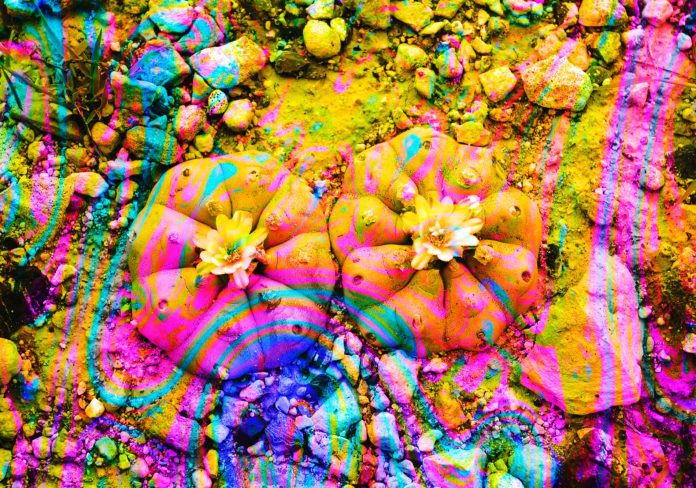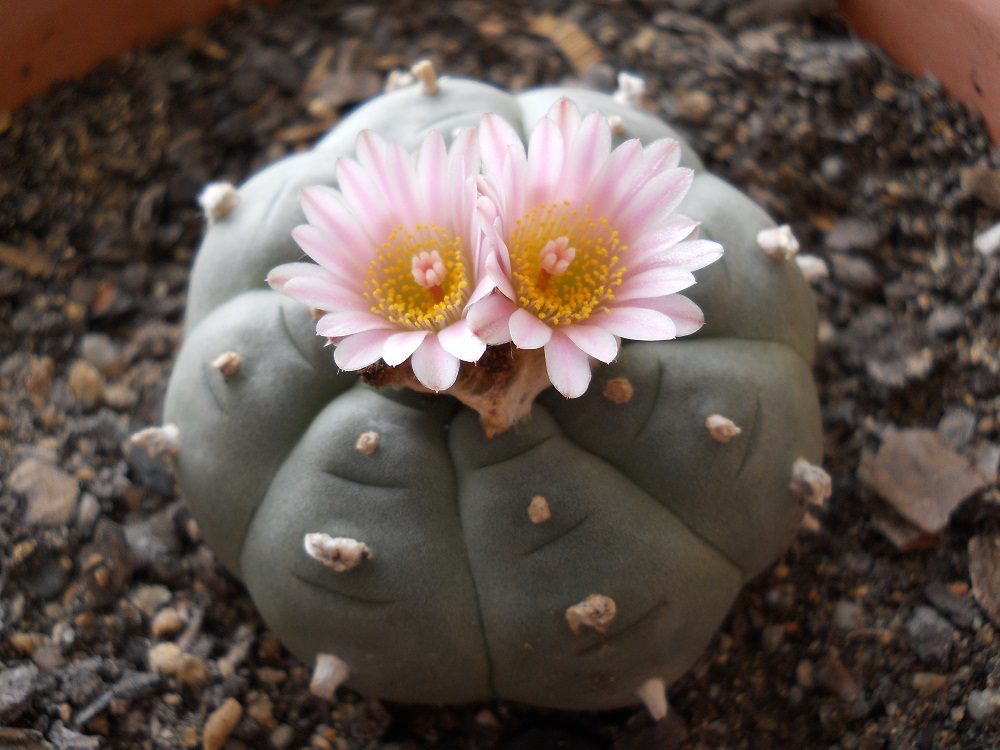With cannabis becoming decriminalized in 2018, all the recent psychedelic research proving the healing potentials of psychedelic drugs and the relaxing of laws relating to them, seasoned psychonaut’s like myself continue to come out of the psychedelic closet correcting the stigma about psychedelics that kept us oppressed for the last 50 years.
The catalyst for psychedelics going mainstream is to raise awareness about the healing potential of all plants including psychoactive medicines and psychedelic-assisted therapy. Please check this link if you want to know more about what is Psychedelic Therapy.
Research into psychedelic drugs came to a halt in the 1970s due to the U.S. government’s War on Drugs but thankfully today some schools have launched efforts into psychedelic research. Private donors even provided $17 million to John Hopkins University to start the Center for Psychedelic and Consciousness Research.
The research is miraculous:
- John Hopkins University School of Medicine found that under a controlled and specific environment providing psilocybin to smokers lead to an 80% abstinence rate.
- The Multidisciplinary Association for Psychedelic Studies (MAPS) studies MDMA – the main ingredient used in ecstasy and molly – to treat PTSD.
- The US National Library of Medicine found that a dosage of 3.2 grams of psilocybin was found to have the highest increase of well-being for cancer patients.
- Rolling Stone magazine wrote that in the corporate environment, microdosing psychedelics has been reported by workers as a common way to reduce migraines, depression and chronic-fatigue while increasing productivity, focus and creativity.
- Additional studies have proven the ability of psychedelics to modulate processes that perpetuate chronic low-grade inflammation and therefore have significant therapeutic effects in a variety of preclinical disease models, including asthma, inflammatory, atherosclerosis, bowel disease, and retinal disease.
- Researchers are exploring ibogaine as a treatment for opioid addiction.
- MAPS is also starting a clinical trial of smoked cannabis for PTSD in US veterans.
- Numerous clinical trials and exploratory treatment methodologies using psychedelics to address PTSD, alcoholism, and depression, among others are happening globally.
When we consider the amount of people dying from mental health issues has doubled in the last 10 years (CDC estimates that 115 people die from opioid overdoses every day in the United States) and psychedelics are showing an 80% success rate in treating some of the most difficult mental health disorders currently plaguing North America it becomes clear that these native plants do indeed contain Medicinal Superpowers.
It was the 1950’s when LSD was born. Some 50 years ago, that psychedelics were hailed as the new tools of psychiatry. In the 1950 the “Timothy Leary era” blew up inspiring the Harvard Psychedelic Club in the 1960’s, this club included Timothy Leary, Ram Dass, Huston Smith, and Dr. Andrew Weil. Next came Terence and Dennis McKenna, the brothers who brought us back to the Amazon Rainforest in the 1970’s. They reminded us that the war on drugs has been only minimally effective at tackling recreational use but has been extremely damaging for any genuine medical research.
Since the awakening of the 1960s there has continued be an underground society working to figure out the many possible therapeutic and conscious expanding properties of psychedelics. The evidence so far suggests that the anxiety tend to do well with psychedelics. This means anxiety, post-traumatic stress disorder, and obsessive-compulsive disorder could all be healed naturally and sustainably in as little as four hours. This is because these drugs are particularly good at allowing the user to access otherwise repressed and painful memories and do some meaningful psychotherapeutic work during a psilocybin ceremony.
Subscribers in Silicon Valley have spoke of microdosing magic mushrooms / LSD possibly holding therapeutic benefits for cluster headaches and addictions, among other benefits. Most participants found the remarkable characteristics of ayahuasca could modify self-destructive behaviours, such as heavy drug abuse. The studies have confirmed changes in brain electrical activity and blood flow consistent with these claims, and now holistic health teams globally plan to assess the effect on long-term psychedelic users.
As our view of human mind and nervous system expands, different mind-body states are recognized to be beneficial as well, separate from our waking state. As a species we crave the need to expierence different states of mind – in fact we tap into it hormonally each night as we dream and we actually expierence the largest dose of naturally occurring DMT right before we die. These other states are linked with enhanced wellbeing and flow states.
Psychedelics are likely to return to mainstream culture after decades spent banned. These deeply introspective and emotional experiences are changing the course of our evolution and focuses us to take a better look at the medical research currently done on the body, mind and human spirit.
Modern research into psychedelics only restarted in 2011. At least five early clinical studies on LSD and five on psilocybin have been performed since 2017. The FDA also approved a phase three trial over the use of MDMA to treat PTSD, and around a dozen other mental health studies. Psychedelic events are going mainstream too, with people’s addictions to sugar, negative thinking and chemical dependency, retreats and what MAPS calls Psychedelic dinners are popping up around the world and across the internet.
The global market for mental health medications was worth $88.3 billion in 2015 and I personally can’t wait to see that money go to better use, like maybe Saving The Amazon Rainforest. Psychedelics and medical mushrooms should continue to promote awareness, regulation, safety, investment, research and development in the same positive manner as the cannabis industry.
Humans have been using psychoactive plants as medicines since the dawn of civilization. Ancient records and oral traditions detail the use of peyote cacti and cannabis plants to treat inflammation, encourage wound healing, and relieve pain. The serendipitous discoveries arising from this renaissance of psychedelic research is showing that psychedelics could someday be a medically recognized natural alterative into anti-inflammatory and antidepressant medicines with the potential to pertinently change a patient’s perception, cognition, mood, and more.
Today, a person’s daily existence can be troubling to the point of numbness. We are anxious, depressed, lonely and addicted. Pharmaceuticals treat these symptoms, but are for many created more problems because of the side effects and decreased efficacy after long-term use. Psychedelics like MDMA, psilocybin, ibogaine, masculine and ayahuasca are still treating the root of our health issues and I am so grateful psychedelics are becoming a hot topic, with outlets from The Wall Street Journal to Pub Med covering the psychedelic revolution.
This medicalization is just one way for psychedelics to enter the mainstream. Dozens of studies have also been conducted with ayahuasca, ibogaine, Salvia divinorum, LSD, ketamin and other hallucinogens. As scientific research grows, it continues to help unite and empower psychedelic communities worldwide. There are over 50 psychedelic groups and societies spanning the globe, art, music, film and television also serving the rebirth of psychedelic culture.
This is exactly why I couldn’t finish this article without addressing some awesome psychonaut’s who have influenced the worlds view on psychedelics: Rick Doblin, Cary Grant, Dr. Dan Engle, Dan Cleland, Michael Pollen, Dr. Andrew Weil, Joe Rogan, Aubrey Marcus, Terence McKenna, Dennis McKenna, Gabour Mate, Steve jobs, Ram Dass, Bill gates, Timothy Leary, Bill Hicks, Richard Evans Schultes, George Carlin, Aldous Huxley, Susan Sarandon, The Beatles, Jack Nicholson, Alan Watts, Sam Harris, Carol Jung, Jim Morrison, Duncan Trussell, Shia LaBeouf and you!
Not only do I want to thank you for being a part of this revolution but remind you that these plants are indigenous, they aren’t just these novel things we take to trip-out on, but rather a medicine, a nutritional supplement, an intelligence with powers to help us get out of our own way so we can get healthier and wealthier naturally.
With such growth in both research and in organizing, we can look forward to the day when the acceptance of psychedelic medicine allows millions of suffering people to achieve miraculous healing naturally. If you have a story of personal healing and transformation that you’d like to share on your social media, be sure to use the hashtags #Sociedelic, #ElementalGrowth and #ThankYouPlantMedicine because we want to help you come out of the psychedelic closet for not only yourself but the collective.

